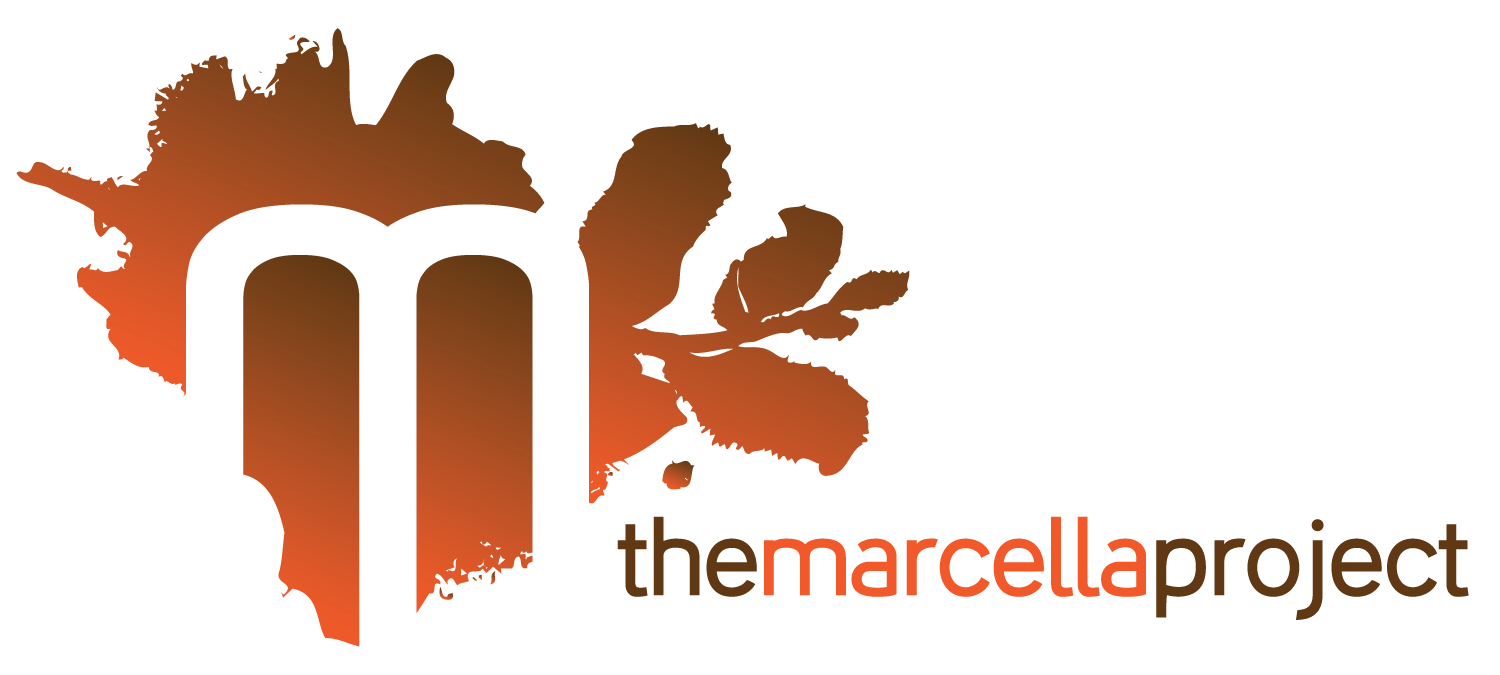She's Telling
She's going to tell her parents. It happened decades ago. They don't know. But it's time. That's one of the good things that's resulted from the #MeToo and #ChurchToo movement. Women are courageously sharing their stories of suffering and injustice.Over my years of ministry work with women, I've noticed that most women were raised in families where they didn't talk about the hard stuff. Sexual abuse, domestic violence, alcoholism, addictions, neglect, mental illness. I grew up in an abusive home and it took years to heal from it. But the one thing I've always been grateful for in my upbringing is we were allowed to talk about it. We called it what it was. We shared our pain with each other. I think in some way that sharing saved us.There are things that happen to us and around us that are traumatic. Injustice happens. Suffering occurs. The #MeToo movement gives us a glimpse into the pervasiveness of sexual exploitation in our culture. For others, the suffering comes when another news story shares of an innocent young black man being killed. What are we to do with all of this? I'm wondering if one thing we are to do is lament.Soong-Chan Rah study of the book of Lamentations leads to his writing a book called Prophetic Lament. In his book, Rah challenges us to consider why we American Christians don't discuss or engage in lament? Listen to what he says...https://youtu.be/RhjxTWOJjkIIn the Prophetic Lament, Rah discusses how Lamentations 1 is like a funeral dirge. A funeral dirge speaks of mourning but it's also a time for the one who's suffering to tell their story. The full story. Is it possible that before we spring into action that God wants us to pause, to engage with others in their pain, to mourn, empathize and cry out - to lament? Is it possible that sharing our stories is the way to healing?Listen to what happened when Rah shared a story about a female slave during one of his lament workshops.
"A few years ago I was presenting a workshop on the topic of lament. I raised the importance of telling the whole story of slavery in order to engage in the fullness of lament and how the funeral dirge of Lamentations 1 offers the possibility of healing was we deal with the truth. As part of the presentation, I narrated an account of plantation life, in particular, the horrific account of the sexual abuse of slave women. On of my good friends happened to be in the workshop listening to me read the account. When I began to describe the atrocities of rape on the plantation, my friend got up and stood in the back of the room. For the following fifteen minutes, the duration of my workshop, he remained standing. Even after the workshop ended and all of the participants had left the room, he remained.I approached him as he silently stood in the back of the room. I began to mutter some sort of apology, but he stopped me in the middle of my sentence. “When there were five kids in the slave family, there was the one kid that was lighter than the rest of the kids. That’s my family. That’s my family’s story. You told my family’s story. I have never heard another tell my story in public like that before, and I needed to honour you by standing.”There is power in bringing untold stories to light. The freedom to speak about the reality of suffering and death results in a freedom from denial. Lamentations 1 presents a funeral dirge to remind us that we cannot ignore what is right in front of us.Racial reconciliation (and sexism) requires the truth-telling of the funeral dirge lament and expression of grief." - Prophet Lament, Soong-Chan Rah
Over the summer I found my soul groaning. I just couldn't reckon myself with the news reports about Willow Creek, Paige Patterson, Andy Savage and the numerous Catholic Priests - to name a few. Every time I read a new report I felt like I was being punched in the gut. It's not like I was shocked that Christian leaders do bad things. Nope, not shocked. I was weary. Women being sexually exploited. Powerful leaders abuse of power. And those who enable the powerful to continue to abuse. It's not new. But my soul had reached a tipping point. I started feeling hopeless like this systemic sin would ever end. It was in a conversation with a Catholic friend that it hit me. I need to lament. I've never really lamented. Biblical lament. But I knew I needed it. But did others? Was I the only one or were there other women feeling like I was feeling. So I asked and it turned out I'm not alone.There's a swell of groaning bubbling up in God's women. That's why Dieula, Kat, JoAnn and I wanted to put together a time for us to meet and lament. Sisters. Sacred space. Safe space. A time to listen, engage, sing, share, pray, and read Scripture. A time to lament.A collective voice is a powerful voice. Let's cry out to God together.

